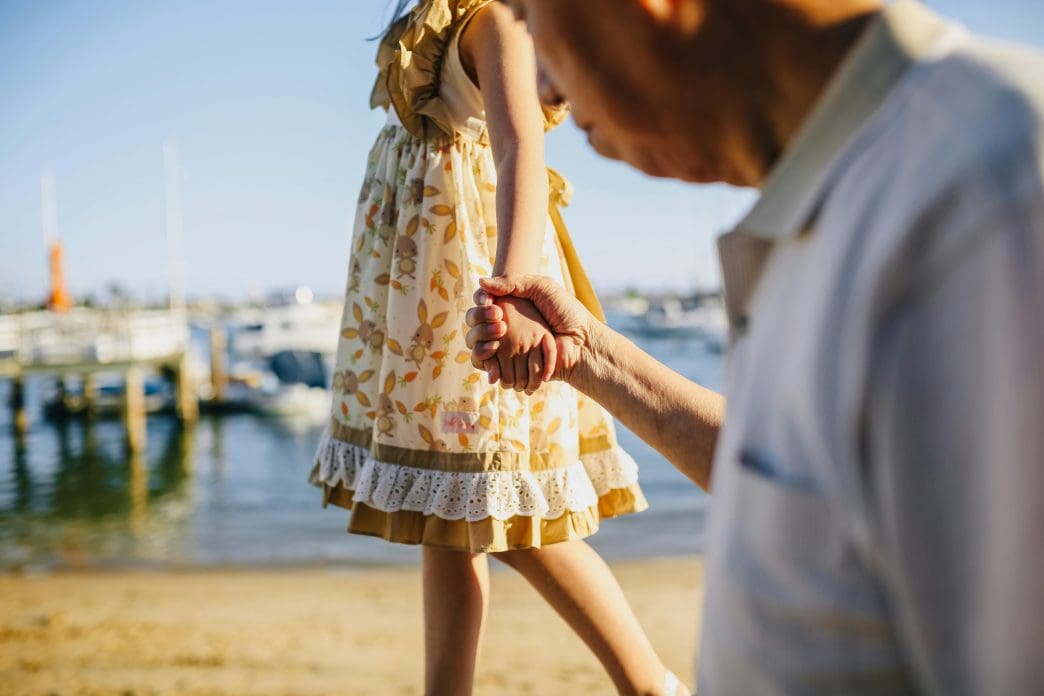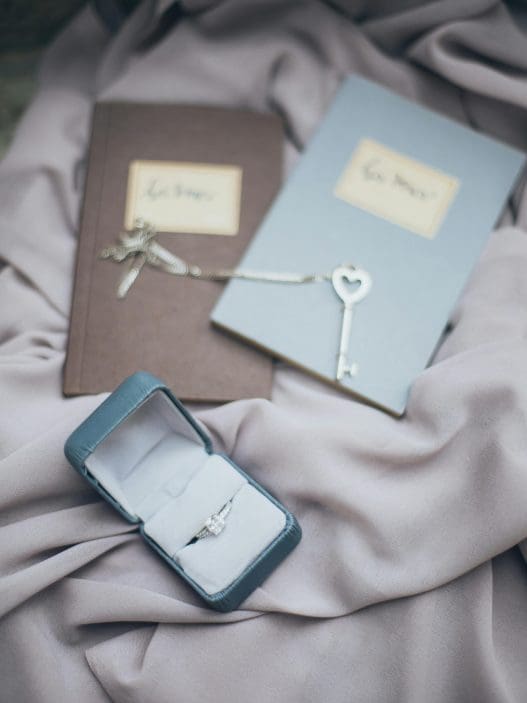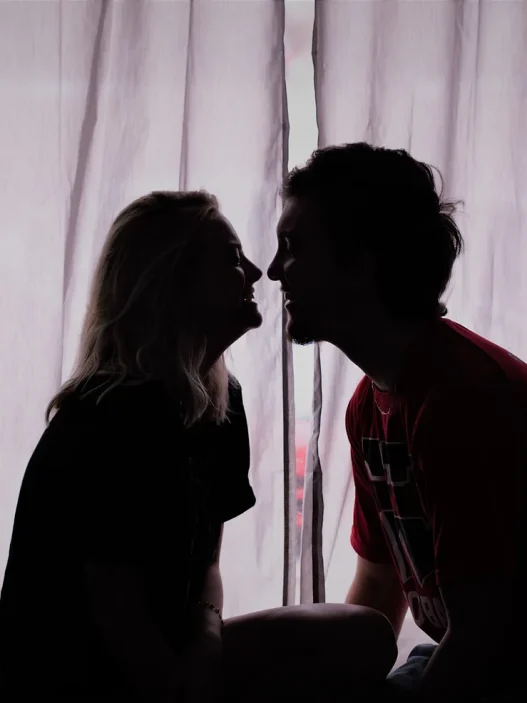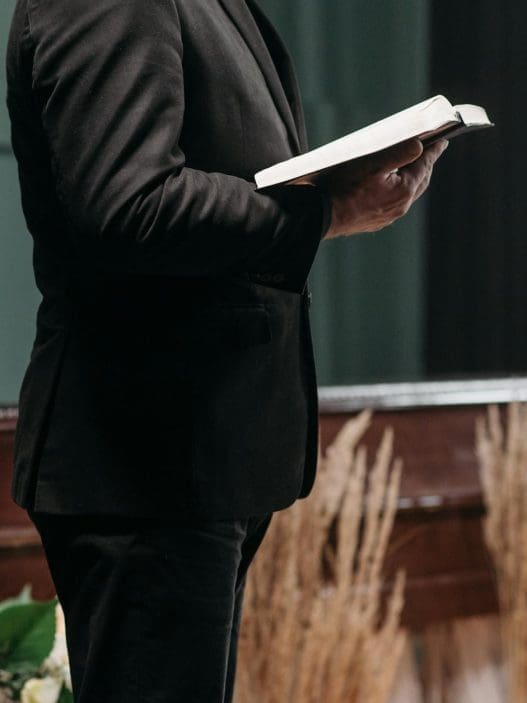Crafting a eulogy for your grandfather is both a solemn duty and a heartfelt privilege. It allows us to honour the deep bond shared with a man who shaped generations through his wisdom, presence and legacy. A well-written eulogy does more than recount facts, it offers a moving portrait of the man behind the title “Grandpa.” Below, we provide guidance, structure and examples to help you write a compelling tribute that captures the true essence of your grandfather.
Understanding the Purpose of a Grandfather’s Eulogy
A eulogy for a grandfather should reflect the unique impact he had on his family, community and those whose lives he touched. It serves to:
- Celebrate his character, values and life journey
- Highlight personal anecdotes that reveal his personality
- Comfort mourners with meaningful reflections and shared memories
- Pass on life lessons and traditions he upheld
How to Start a Grandfather’s Eulogy: Set the Tone with Respect and Emotion
Begin by directly acknowledging the occasion, introducing your relationship to your grandfather and expressing gratitude for those gathered. Opening with warmth, respect and genuine emotion builds connection and sets an authentic tone.
Example Introduction:
“We are gathered today to honour the life of a man who meant so much to us all. My name is James, and I had the profound privilege of calling him Grandpa. His voice echoed through our family like a heartbeat, steady and always present. Today, we do not just mourn his passing, we celebrate the life he lived with such dignity, humour and love.”
Highlight His Character: Define the Man He Was
Explore the personality traits that defined your grandfather: his work ethic, kindness, sense of humour, resilience or quiet strength. Consider the roles he played in life—father, husband, mentor, friend—and how he embraced them.
Example Section:
“Grandpa was a man of deep integrity. He believed in earning his way, giving more than he received and never cutting corners. He wasn’t loud in a room, but his presence grounded us. Whether offering advice over a cup of tea or fixing a fence post with steady hands, he taught us that strength lies in constancy.”
Share Personal Stories: Capture Memories That Define Legacy
Anecdotes breathe life into the eulogy. Share 2 to 3 personal stories that reveal his values, habits, or humour. Choose stories that are detailed, visual and emotionally resonant.
Example Story:
“When I was nine, I decided I was going to run away because my sister wouldn’t share the remote. Grandpa didn’t say a word, just handed me a small backpack, a peanut butter sandwich and a flashlight. I made it as far as the back porch before he joined me with two cups of hot chocolate. He said, ‘Even when you leave, you’ve got to let someone love you through it.’ That moment stayed with me all my life.”
Acknowledge His Life Journey: From Youth to Legacy
Reflect on his life milestones—where he was born, his profession, his accomplishments, marriage, parenting and grandparenting. Provide context that helps paint the full scope of his life.
Example Biography Section:
“Born in 1935 in a small farming town, Grandpa grew up during hardship but never let it define him. He enlisted in the navy at 19, worked in construction, married the love of his life in 1962 and raised four children. Yet, it was in his role as a grandfather that he truly shined—storytelling, fishing trips, garden lessons, and the kind of hugs that made the world feel safer.”
Reflect on Lessons He Taught: Wisdom Passed Down
What values did he instill in you or others? Speak on how his way of living taught enduring lessons. Was it patience, forgiveness, work ethic, or the value of silence?
Example Reflection:
“Grandpa never gave long speeches, but every action was a lesson. From him, I learned that patience isn’t waiting silently, it’s loving someone enough to walk beside them until they’re ready. He showed us that a life of service doesn’t need applause, only consistency.”
Use a Thematic Thread or Symbol
Weaving a symbol throughout your eulogy—such as gardening, music, or tools—can unify the message and deepen the impact.
Example Symbol Use:
“His hands were rarely still. Whether turning a spade in the garden, repairing a squeaky door or folding mine into his with care, those hands were always building, fixing, comforting. They were the hands that held this family together.”
Ending with Grace: Parting Words that Resonate
Conclude the eulogy with gratitude, a farewell message or a quote that captures his spirit. This moment is where closure and hope intertwine.
Example Closing:
“Grandpa, thank you for every lesson, every laugh and every quiet moment of knowing. We will carry your stories, your values and your love into every tomorrow. May we live lives that honour the man you were. Rest well.”
15 Example Eulogy Passages for a Grandfather
Below we have written 15 examples of eulogies for a grandfather that you ca use or take inpiration from for your own granpa’s funeral or memorial service.
Or you can try our free eulogy generator
1. The Quiet Giant
My grandfather was never a loud man. He didn’t need to be. His presence filled a room with calm, his silence spoke volumes and his steady gaze reassured us more than words ever could. He was the kind of man who fixed broken chairs without being asked, who stood at the back of the room during birthday parties but never missed a single one. As a child, I used to sit on the porch beside him while he whittled bits of wood into shapes that only made sense to him. He never hurried. Time, to him, was something to respect, not control.
His advice came in simple sentences, always practical, always true. “Measure twice, cut once.” “Never sleep on anger.” “Show up, even if it’s hard.” These weren’t just phrases, they were a code he lived by. Even in his final years, when his body slowed and memories slipped through his fingers, his sense of calm never left him. He was our anchor, our constant, our steady shore. In the storm of life, he taught us to be still, to be kind and to carry strength quietly.
2. The Storyteller
To be raised by a man who knew how to tell a good story is a blessing you don’t realise until later in life. Grandpa could hold your attention like a campfire, glowing brighter with each tale. He had a way of making his childhood adventures sound like epic sagas, even if they were just about sneaking apples from the neighbour’s orchard or hiding frogs in his sister’s shoes. He remembered everything—names, smells, the colour of the car he drove to his first job. And somehow, he made every memory feel like yours too.
Sunday evenings were sacred storytelling hours. We’d sit cross-legged at his feet, wide-eyed, waiting for the next twist. His voice would rise and fall like music, and he always paused just long enough to make us lean in. But his stories weren’t just for fun. Each one had a purpose. Lessons wrapped in humour, warnings softened with laughter, truths easier to face through fiction. He passed down more than family history—he passed down imagination, creativity and the importance of listening deeply. We’ll tell his stories forever, because in them, he still lives.
3. The Steady Hand
When something needed fixing, Grandpa never hesitated. It didn’t matter if it was a broken chair, a flat tire or a discouraged heart. He was the man who would roll up his sleeves, tighten the bolts, straighten the hinges and listen without judgment. I remember countless afternoons in his garage, the air thick with sawdust and the smell of engine grease. He never rushed a job. Everything was done right, the first time, or not at all. He believed in quality—of work, of relationships, of words.
He never yelled, never boasted. Instead, he taught through action. “Pay attention to the details,” he’d say, whether we were fixing a drawer or mending a misunderstanding. He had a toolbox that was older than most of us grandkids, and every tool had a story. But the real tools he gave us were patience, diligence, and the value of seeing something through. When life feels chaotic now, I think of his hands—strong, slow, certain—and I remember that problems can be solved, as long as we keep showing up and doing the work.
4. The Fisherman
Before the sun came up, Grandpa was already awake, loading the old tin boat with tackle boxes, thermoses and sandwiches wrapped in wax paper. He said the best thinking happened on water. When I was young, I thought he took us fishing to catch fish. But as I got older, I realised it was never about the fish. It was about the quiet. The waiting. The way you learned to listen—not just for the tug on the line, but for the rustling of trees, the splash of a duck or the whisper of your own thoughts.
Grandpa didn’t offer advice directly. He let the lake do that. In those early mornings, he taught me about patience, discipline and serenity. He showed me how to tie knots, cast lines and sit with silence. When I was going through hard times, he didn’t say “It’ll be okay.” He just handed me a pole and said, “Come out with me tomorrow.” On the lake, things made sense. Life slowed down. Problems felt smaller. That was his gift—turning a simple moment into a lesson, a ritual, a sanctuary. I will forever be grateful for those dawn-lit hours we shared, floating together in stillness.
5. The Jokester
Grandpa had a joke for every situation. Not always good ones—many were groan-worthy—but they always landed with a chuckle and a wink. He believed that laughter was essential, even sacred. He could break the tension of a hospital room with a pun or lighten the mood at a family dinner with a well-timed one-liner. His humour was never cruel, never loud. It was gentle, warm and delightfully contagious. Even strangers at the grocery store weren’t safe from his “dad jokes.”
When he passed, someone said, “It’s going to be a lot quieter around here.” But I don’t think that’s true. I still hear his laugh in mine. I still repeat his old quips without meaning to. He made us feel like joy was a choice worth making every day. And when life got hard, he showed us how to find the ridiculous and laugh anyway. That was his magic—he taught us to laugh through grief, to smile through struggle and to never take ourselves too seriously. He left us a legacy of joy, and it’s one I intend to carry forward, one joke at a time.
6. The Builder
Everything Grandpa touched turned into something useful, beautiful or lasting. He built the treehouse where we had secret club meetings. (Name) laid the stones for the path that led to Grandma’s rose garden. He even helped rebuild a neighbour’s porch just because he had the time. His garage was more than a workspace—it was a cathedral of craft, full of neatly labelled jars, wood shavings and projects in progress. He believed building was a kind of language. You said “I love you” with your hands.
He taught us to measure carefully, to choose the right materials, to sand the rough edges until they were smooth. But more than that, he taught us that building isn’t just for things, it’s for people. You build trust. Build families. You build memories. One beam, one nail, one kind word at a time. Long after the projects were done, the things he built still stand—and so do the lessons he left behind.
7. The Believer
Faith wasn’t something Grandpa wore like a badge, it was something he carried quietly, steadily, like a lantern guiding his way. He read his Bible each morning before the sun rose, whispering verses to himself like old friends. (Name) didn’t preach. He lived. With kindness, discipline and an unshakable calm, he treated people with dignity regardless of who they were or where they came from. At Sunday service, he sat in the same pew every week, his head bowed in reverence.
He believed in second chances, in forgiveness, in doing right when no one’s looking. And when life tested us, he reminded us, “This too shall pass,” not as a platitude but as a truth rooted in experience. In his final days, he wasn’t afraid. He said he was ready to go home. That’s the kind of peace only faith can bring. He left us not just with memories but with a spiritual compass we’ll carry for the rest of our lives.
8. The Music Man
Grandpa’s life had a soundtrack. It played on vinyl records in the kitchen, on harmonica during road trips and on his old guitar under the stars. He couldn’t read music, but he didn’t need to—he played by ear, by feeling, by heart. Every family gathering ended in song, with him leading the chorus, his voice worn and warm like a familiar coat. Music was his way of remembering, celebrating, coping.
He sang lullabies to us as babies and old country ballads that made our parents tear up. And even as his fingers stiffened with age, he kept strumming. He taught us that music isn’t about perfection. It’s about connection. Emotion. Memory. We’d listen to him and forget about everything else. In that space, we were all safe. We were all loved. And now, even in his absence, certain songs bring him right back to us—his laughter between verses, his foot tapping out a beat, his voice always slightly off-key but full of soul.
9. The Mentor
To me, Grandpa was more than a relative. He was my mentor, my sounding board, my constant advisor. When I struggled in school, he helped me stay focused. When I faced rejection, he told me to try again. He never sugar-coated anything. “You’re allowed to fail,” he’d say, “but you’re not allowed to quit.” He had a way of seeing what you were capable of, even before you believed it yourself.
He didn’t push, he guided. (Name) didn’t impose, he inspired. I remember how he’d sit with me at the kitchen table, talking through life choices like it was the most important board meeting in the world. And in many ways, it was. Because every choice I made carried a piece of his voice, his wisdom, his belief in me. Even now, when I face something uncertain, I ask myself, “What would Grandpa say?” And somehow, the answer always comes.
10. The Patriot
Grandpa served in the military with quiet pride. He didn’t brag about it, didn’t show off medals. But he folded the flag on holidays with solemn care. He stood at attention during the anthem, even when his knees gave him trouble. He believed in service—to country, to family, to community. And while he didn’t talk much about what he saw overseas, you could see it in his eyes—he carried both the burden and the honour of those years.
He taught us that freedom isn’t free, that duty matters, and that courage isn’t always loud. It’s in the sacrifices you make, the integrity you uphold and the way you treat others. Every Memorial Day, he placed flags on gravestones at the local cemetery, even when no one else did. He said no one should be forgotten. And we will never forget him—not just for what he did in uniform, but for the man he was when he came home.
11. The Gardener
Grandpa’s garden was a living map of the seasons, his care evident in every bloom and berry. He didn’t just grow vegetables, he nurtured them—patiently weeding, watering and whispering to his plants as if they could hear. He said gardens taught you everything you needed to know about life: when to sow, when to wait and when to let go. As kids, we’d help him plant seeds, our fingers digging clumsy holes in the soil, laughing when worms popped up.
He’d hand us watering cans like they were sacred vessels and remind us that even small things need care to grow. In spring, his tulips opened like celebration. Summer, meant his tomatoes burst with colour. In autumn, he harvested quietly, content. And in winter, he planned, hopeful for what would come next. That’s how he lived his life—with rhythm, resilience and faith that new life always followed rest. His garden may rest now, but the things he taught us will grow forever.
12. The Caregiver
When Grandma fell ill, Grandpa became her world. He fed her, bathed her, combed her hair and spoke to her even when she no longer responded. His love didn’t weaken in the face of decline—it grew stronger, more tender, more heroic. He never once saw it as a burden. “In sickness and in health,” he said, and meant it more than anyone I’ve ever known. He showed us that love isn’t always grand gestures—it’s daily devotion, quiet patience and dignity in the smallest acts.
Even when he was tired, he never lost his gentleness. He’d stroke her hand, sing softly to her and call her “my girl” like they were still teenagers in love. Watching him care for her was like watching a sacred ritual. Through his actions, he taught us that true love doesn’t fade—it endures. His example will guide us all when we are called to care for someone else with the same compassion, honour and grace.
13. The Peacemaker
Grandpa had the gift of keeping peace. Not because he avoided conflict, but because he understood people. At family gatherings, when voices got too loud or disagreements bubbled up, he was the one who’d gently change the subject or make a joke just in time. He believed that relationships were more important than being right. His calm presence disarmed tension like water on a flame. We trusted him to be fair, to be wise and to listen deeply.
He often said, “Ask more, judge less.” It was a principle he lived by. He welcomed everyone, respected everyone and believed every person had a story worth hearing. He never let grudges grow and encouraged us to reconcile when we drifted apart. When he passed, it felt like the centre of our family shifted. But in remembering his calm strength, we are reminded to be kinder, more patient and more willing to see the best in each other—just like he always did.
14. The Teacher
Though he never worked in a school, Grandpa was a natural teacher. He believed that teaching wasn’t about lectures, it was about doing life together. (Name) taught me how to ride a bike, how to use a compass, how to bake bread without a recipe. He taught us about honesty, respect and how to admit when we’re wrong. He asked questions that made us think, and he listened to our answers like they truly mattered.
When we made mistakes, he didn’t scold—he guided. He made us feel safe to learn. He’d say, “It’s not about never falling, it’s about learning how to get back up with grace.” His lessons were woven into everyday life, and only now do I realise how much he was teaching all along. We may not have sat in desks, but we learned more from him than any textbook could offer. His classroom was the world, and his legacy is the wisdom he passed on to each of us.
15. The Legacy
Grandpa lived a life rooted in purpose and generosity. He wasn’t wealthy, yet he gave more than most, his time, his knowledge, his compassion. (Name) lived simply, worked hard and loved deeply. He didn’t seek recognition, but he made a lasting impact. From the local food drive he volunteered at for decades, to the dozens of lives he influenced without ever knowing, he built a legacy through quiet, consistent goodness.
His home was always open, his table always had room for one more. He didn’t believe in waste—not of food, time or emotion. He believed in using every bit of what you have to make someone else’s day better. And that’s what we’ll carry forward. His life wasn’t about grand accomplishments. It was about the thousands of small, meaningful choices he made every day. In doing so, he left behind something far more valuable than wealth—he left behind a legacy of love, character and enduring example.




















